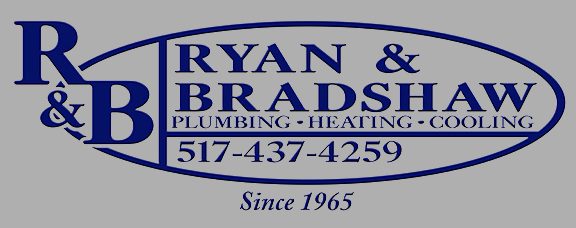Money Saving Tips
HVAC (Heating, Ventilation, and Air Conditioning) related money saving tips:
-
Regular Maintenance: Schedule annual HVAC maintenance checks with a professional technician. Regular servicing helps identify and fix minor issues before they turn into costly repairs. It also ensures that your system operates efficiently, which can save you money on energy bills.
-
Change Air Filters: Replace your HVAC system’s air filters regularly, typically every 1-3 months depending on the type of filter and usage. Clogged or dirty filters restrict airflow, forcing the system to work harder and consume more energy.
-
Programmable Thermostat: Install a programmable thermostat and set it to adjust the temperature based on your schedule. Lowering the temperature in winter and raising it in summer when you’re away or asleep can save on heating and cooling costs.
-
Seal Air Leaks: Seal gaps and cracks around doors, windows, and ductwork to prevent warm or cool air from escaping and outdoor air from entering your home. This reduces the workload on your HVAC system and saves energy.
-
Upgrade to Energy-Efficient Equipment: Consider upgrading to energy-efficient HVAC equipment, such as ENERGY STAR-rated systems. While the initial cost may be higher, these systems use less energy and can lead to significant long-term savings on energy bills.
-
Use Ceiling Fans: Ceiling fans can help circulate air throughout your home, making it feel cooler in summer and warmer in winter. This allows you to set your thermostat higher in summer and lower in winter without sacrificing comfort.
-
Proper Insulation: Ensure your home is adequately insulated to prevent heat loss in winter and heat gain in summer. Proper insulation reduces the workload on your HVAC system and can result in substantial energy savings.
-
Consider Zoning Systems: If feasible, install zoning systems that allow you to control the temperature in different areas of your home independently. This can optimize comfort and energy usage by only conditioning occupied areas.
By implementing these tips, you can maximize the efficiency of your HVAC systems and reduce energy consumption, leading to significant cost savings over time.

